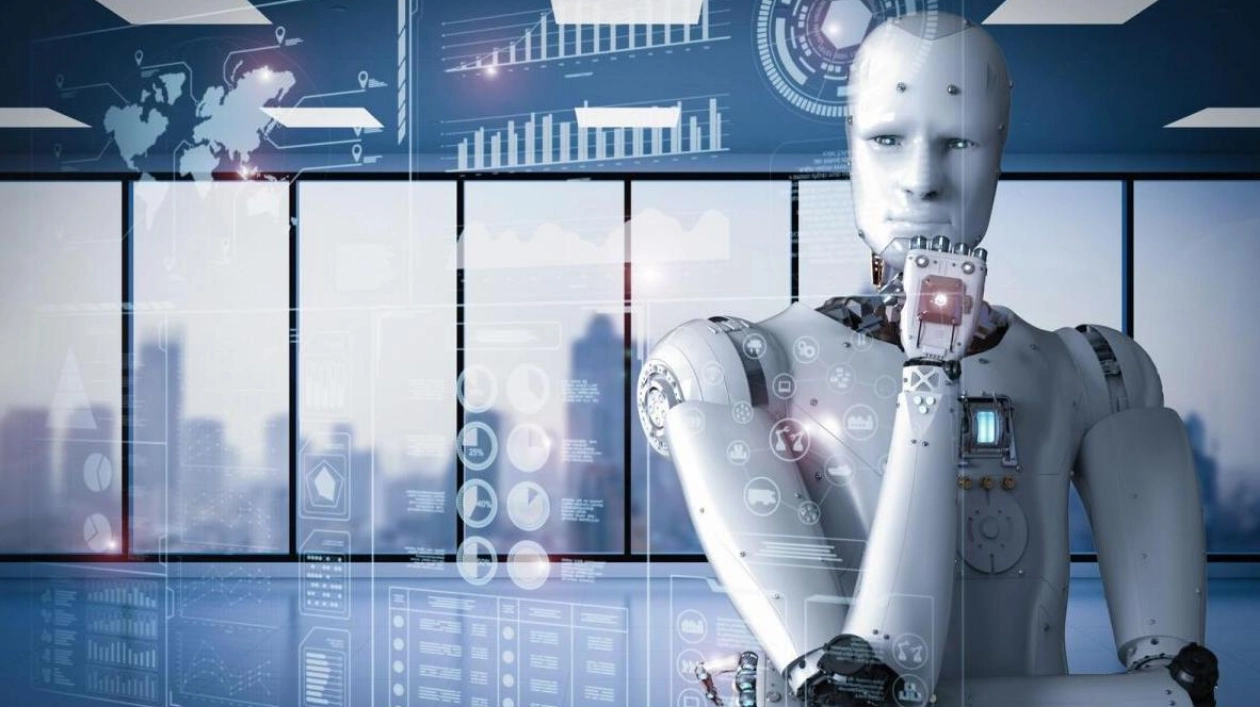THE FUTURE OF ROBOTICS is swiftly advancing, with technological progress enabling robots to serve crucial sectors like banking, education, healthcare, security, and hospitality, transforming daily life and workplaces in the coming years, according to experts. Analysts, executives, and industry leaders agree that most economic sectors stand to gain significantly from incorporating robots into their operations, enhancing efficiency, precision, and cost-effectiveness. Robots have become a vital part of contemporary society, greatly impacting daily life by increasing efficiency and productivity across various tasks and industries. From household chores to manufacturing processes, robots are pivotal in simplifying tasks, reducing human error, and boosting overall efficiency.
In homes, robots have revolutionized daily chores. For instance, robotic vacuum cleaners effortlessly clean floors while homeowners attend to other tasks. Smart assistants like Amazon's Alexa or Google Home are now commonplace, offering hands-free help with scheduling, reminders, and controlling smart home devices. In kitchens, robotic chefs assist in meal preparation, saving time and effort. These robots not only save time but also allow individuals to focus on more important tasks or leisure activities.
In workplaces, robots are transforming industries by automating repetitive and labor-intensive tasks, thereby enhancing productivity. In manufacturing, robots have streamlined production by performing tasks with precision and speed, assembling products, handling materials, and conducting quality control inspections more efficiently than human workers. This increased efficiency results in higher production output and reduced costs for companies.
Dr. Hiroshi Ishiguro, Professor at the University of Osaka (Department of Systems Innovation), noted that technology has evolved, and robots are now increasingly beneficial in daily life, with their capabilities expanding to enhance various aspects of our lives. "From assistance in household chores to improving healthcare, education, banking, hospitality, and security services, robots are revolutionizing the way we conduct our daily activities. However, robots are unlikely to replace humans; instead, they will increase efficiency and productivity in everyday life in various ways," Dr. Ishiguro explained.
He emphasized that the future of robotics in key sectors such as banking, education, security, and hospitality is promising. "With ongoing advancements in technology and robotics, the potential for robots to revolutionize these sectors is immense," he added.
Beneficiary sectors include education, where robots assist in repetitive tasks like grading and administrative work, allowing educators to focus on teaching and personal interactions. In medical fields, robots aid in precision surgeries, automated diagnostics, and patient care, enhancing medical professionals' capabilities. In banking, robots and AI-driven solutions handle routine transactions, customer inquiries, and fraud detection, providing 24/7 service and improving accuracy. Security sectors deploy robots for surveillance, patrolling, and monitoring large areas, reducing risks to human security personnel.
While robots offer significant advantages, human oversight and interaction remain crucial for tasks requiring empathy, complex decision-making, and personal touch. "Robots are benefiting humans in daily life by simplifying tasks, improving efficiency, and enhancing overall quality of life. As technology advances, the potential for robots to further contribute to various aspects of daily life is limitless, promising a future where humans and robots work together to create a more efficient and sustainable world," said Fawad Akber, Managing Director of Teriminus Group.
As technology continues to advance, the integration of robots into daily life is expected to become more prevalent, allowing individuals and businesses to optimize their time and resources for greater productivity and success. The UAE, being at the forefront of adopting advanced technologies, is likely to see an accelerated commercial launch of robots within the next 2-3 years, driven by government initiatives and significant investments in AI and robotics.






